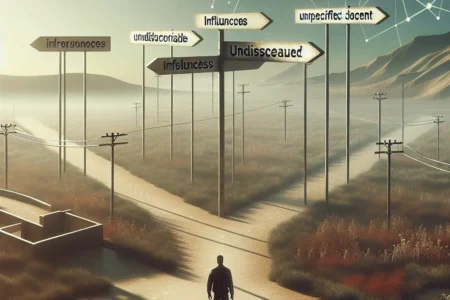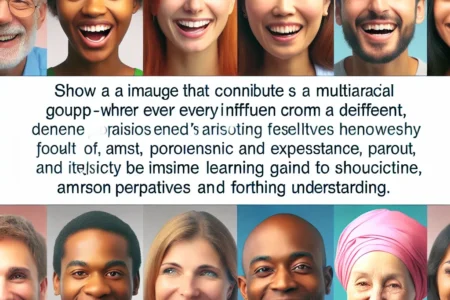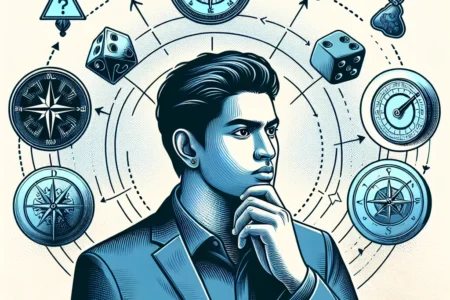Understanding how personal experiences shape our decision-making process is essential in comprehending human behavior. Past experiences, both positive and negative, significantly influence choices in various aspects of our lives. Personal experiences create a framework for perceiving and assessing outcomes, affecting risk tolerance and aversion. Recognizing the impact of personal experiences on decision-making can assist in creating strategies that align with the underlying factors influencing human choices. Similarly, acknowledging and addressing personal biases is crucial for minimizing their negative impact on decision-making and striving for more inclusive, objective, and effective decisions. Emotional intelligence plays a vital role in decision-making, influencing how individuals perceive and manage emotions to make more balanced and informed decisions. Understanding and addressing these elements can lead to more thoughtful and effective decision-making processes.




